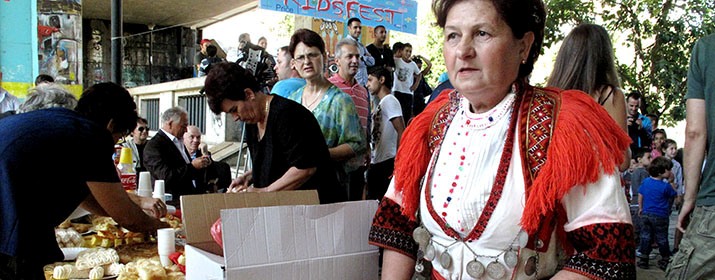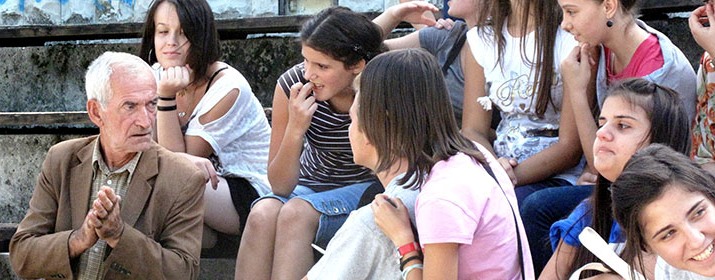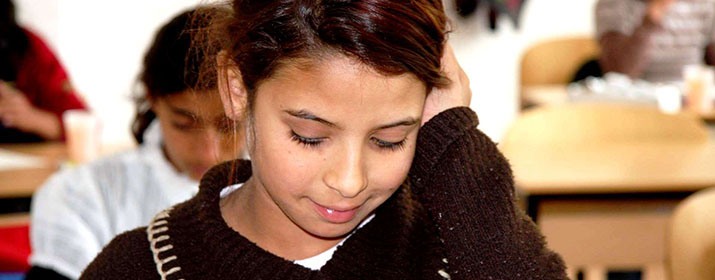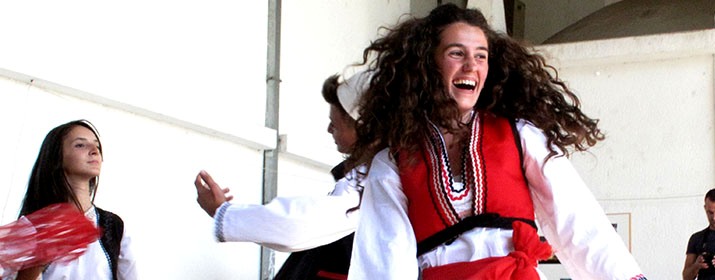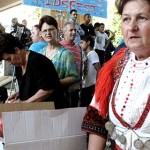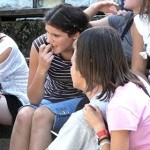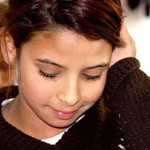The data from the Education Development Program in Macedonia for 2005-2015 show that only one out of ten Roma children complete the primary school cycle, 24% of Roma over the age of 25 are illiterate and the percentage of women uneducated reaches 50%. Despite the legal requirement, many Roma children do not finish primary school. And among those who manage to complete the first cycle of education, only 20% continue to secondary school.
The dropout rate of children in the elementary education system is a difficult problem to solve and requires long-term actions and commitment by all stakeholders of the company. In a joint work with primary schools “Dobre Jovanoski” in Prilep and “Gjorgi Sugarev” in Bitola, the local department for education and associations AHP and Bairska Svetlina, thanks to the co-financing of the European Union, we have developed a 18-month program that will intervene at different levels.
We will involve 200 Roma children under 12 who have dropped out of school or have never started elementary school, we will follow them in the process of inclusion and support them in doing their homework and organize extracurricular activities and workshops for Roma and non-Roma children. With these activities, we will promote pathways of socialization, tolerance and multicultural approach. An innovation of the project is the creation of mobile units coordinated by trainers and Roma street educators, able to assist families and their children through educational and psychological support for reducing the dropout rate and integration in channels of formal education.
Teachers also will be the focus of the program, with training courses to support education in multicultural environments, where to meet and value diversity. Even mediation and conflict management issues will be explored in order to improve the relationship with their parents and their interest in the education of children. To be able to provide psychological and educational assistance to street children and their parents, we will also set up groups of mobile social intervention that will work off the track of formal education.
Our goal is to get back to school 200 Roma children who have dropped out of school or have never started elementary school, improve the quality of education and reduce the dropout rate for 500 Roma children in Bitola and 850 in Prilep, improve skills in managing multi-cultural environments of at least 60 teachers and encourage 200 parents to participate in and support the school life of their children.

